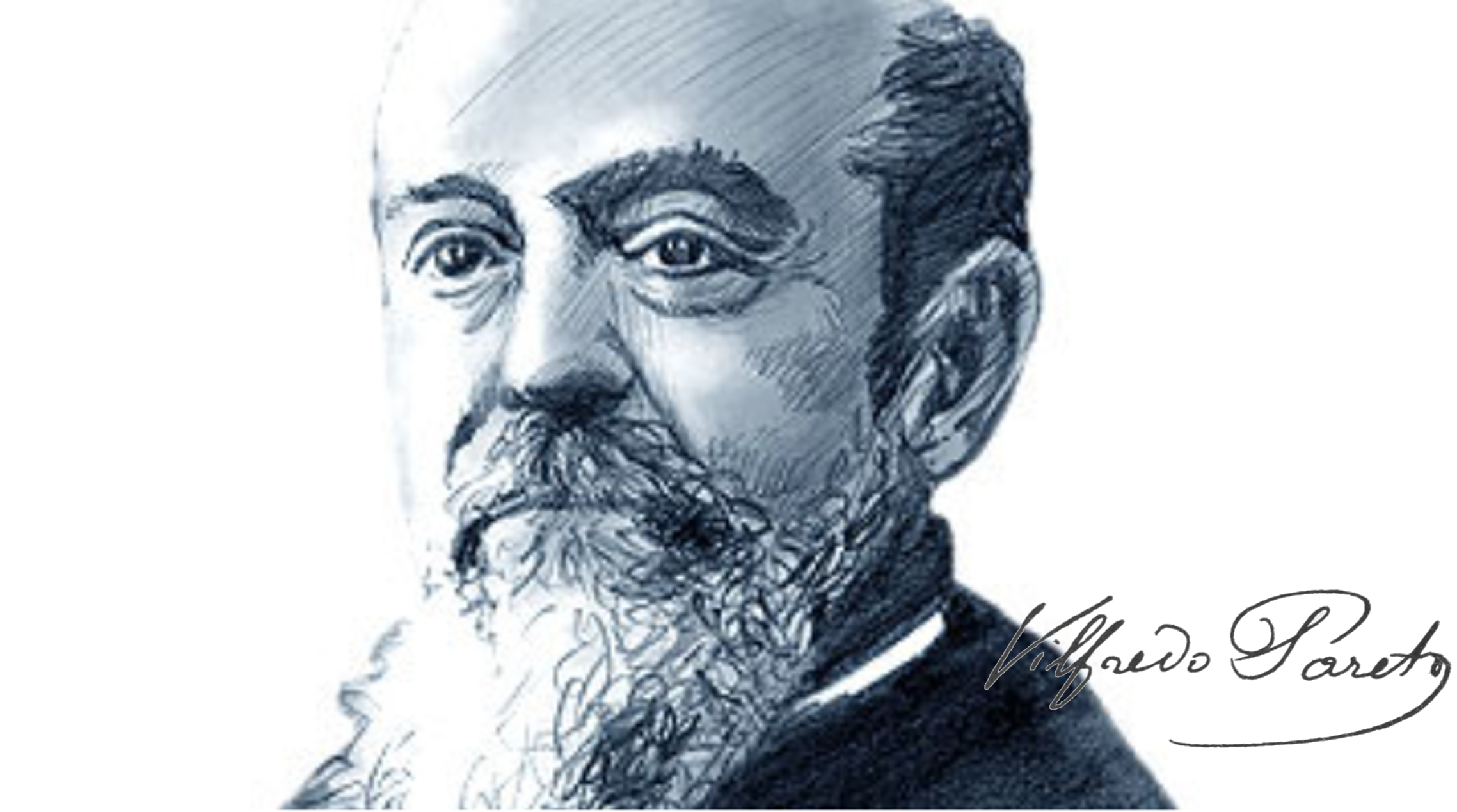Vilfredo Pareto (1848-1923) was an Italian engineer, economist and sociologist who is probably best known for the concept of Pareto optimality: a state of affairs where no one can be made better off without making at least one other person worse off.

While originally developed to describe income distribution, the concept has morphed into a more generic description of efficiency in everything from industrial production to, well, finance.
A Pareto improvement, then, entails improving at least one thing without impairing anything else. If such a move is possible, things are not Pareto optimal at the outset – meaning we can still do better. I’d like to believe that this is always the case.
“A Pareto improvement entails improving at least one thing without impairing anything else. ”
In our line of business, a most relevant application of the concept would be looking for ways to improve sustainability without sacrificing profits. Standard textbook theory would have you believe that excluding parts of the investment universe will come at the expense of profits, as you limit your choice of securities. Any statement to the contrary – which we wholeheartedly second – implies a belief in active portfolio management.

